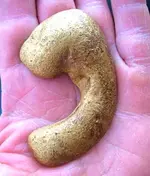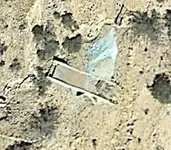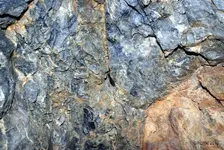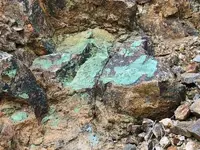sailaway
Hero Member
- Joined
- Mar 2, 2014
- Messages
- 623
- Reaction score
- 816
- Golden Thread
- 0
- Primary Interest:
- All Treasure Hunting
THE ROMAN CATHOLIC CHURCH HAS THE LARGEST RESERVES OF GOLD IN THE WORLD ...
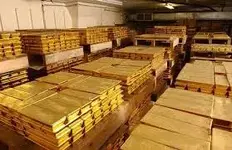
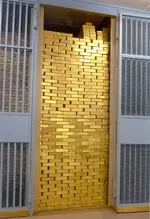
Ingots and the largest single holder of ingot / bullion, than any other organization? During the past 1000 years is, and always Has been, the Roman Cult controlling the Catholic Church. The Roman Catholic Church controls Approximately 60,350 tons of gold, twice the size of the total official gold reserves worldwide, or Approximately 30.2% of all the gold ever mined / produced. At current prices, it is possible to estimate the value of assets, Those that constitute the greatest treasure in the history of humanity is more than 1,245 billion dollars US. Today. The Roman Catholic Church is back in the numbers that are conducted, again to have a dominant position in the field of gold, which has not been witnessed since the fall of the Holy Roman Empire (around 1100) phase, when the church controlled almost 30% of the total gold present in the world.
For most of the past 1000 years, the Catholic Church Has assumed a dominant position that allowed them to control the markets of gold in the world, due to the repute that they owned more than 50% of the whole world's gold, and in a position so dominant, from the fourteenth century until we reach the seventeenth century, to control over 60% of all the gold ever mined.
Such a treasure in its entirety has been divided among several reported reserves and just as many unreported reserves. Only 20% of the reserves's total gold is stored by 'third parties' in official reserves. The largest reserve declared is represented by the Federal Reserve Bank, Followed by the reserves in Italy, Switzerland, Germany and France. The most important private reserves have not been reported and are unknown, but appear to be located in countries of the West and apparently would be associated with the most important private reserves of the oldest private banks and financial companies of Europe.
Here is a spontaneous thought, with all the gold that the Vatican and Italian's have, you would be able to clear the deficit, and with the leftovers could feed the Entire World's need. Why and how is it they accumulated such huge amounts of gold?
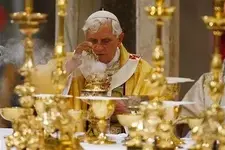
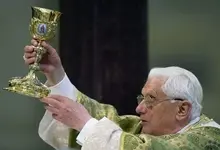
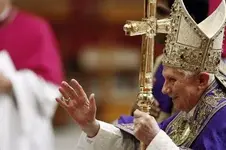
Source: Claudio Rendina - book the 'gold of the Vatican
La Chiesa Cattolica Romana ha la riserva di oro più grande al mondo? | Associazione Culturale Il Sicomoro


Ingots and the largest single holder of ingot / bullion, than any other organization? During the past 1000 years is, and always Has been, the Roman Cult controlling the Catholic Church. The Roman Catholic Church controls Approximately 60,350 tons of gold, twice the size of the total official gold reserves worldwide, or Approximately 30.2% of all the gold ever mined / produced. At current prices, it is possible to estimate the value of assets, Those that constitute the greatest treasure in the history of humanity is more than 1,245 billion dollars US. Today. The Roman Catholic Church is back in the numbers that are conducted, again to have a dominant position in the field of gold, which has not been witnessed since the fall of the Holy Roman Empire (around 1100) phase, when the church controlled almost 30% of the total gold present in the world.
For most of the past 1000 years, the Catholic Church Has assumed a dominant position that allowed them to control the markets of gold in the world, due to the repute that they owned more than 50% of the whole world's gold, and in a position so dominant, from the fourteenth century until we reach the seventeenth century, to control over 60% of all the gold ever mined.
Such a treasure in its entirety has been divided among several reported reserves and just as many unreported reserves. Only 20% of the reserves's total gold is stored by 'third parties' in official reserves. The largest reserve declared is represented by the Federal Reserve Bank, Followed by the reserves in Italy, Switzerland, Germany and France. The most important private reserves have not been reported and are unknown, but appear to be located in countries of the West and apparently would be associated with the most important private reserves of the oldest private banks and financial companies of Europe.
Here is a spontaneous thought, with all the gold that the Vatican and Italian's have, you would be able to clear the deficit, and with the leftovers could feed the Entire World's need. Why and how is it they accumulated such huge amounts of gold?



Source: Claudio Rendina - book the 'gold of the Vatican
La Chiesa Cattolica Romana ha la riserva di oro più grande al mondo? | Associazione Culturale Il Sicomoro
Last edited:



